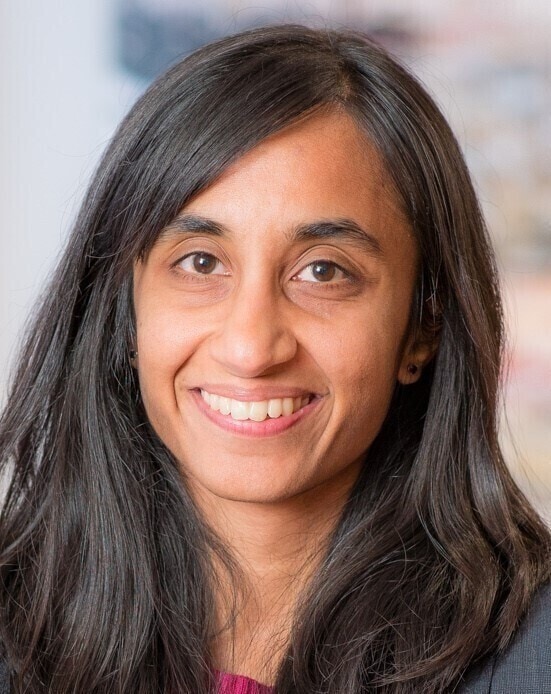• Dr. Mekala Krishnan is a partner at the McKinsey Global Institute (MGI), McKinsey’s business and economics research arm. Her research focuses on topics related to sustainable and inclusive growth, including climate risk and the net-zero transition, globalization, productivity growth, and gender economics. Her most recent research focuses on the net-zero transition, adaptation and physical climate risk across sectors and geographies, including its implications for companies and countries. Her past research has focused on the risks facing global value chains and the future of globalization. Mekala is a frequent speaker on these topics at global conferences as well as with executives at Fortune 500 companies. Mekala serves on a Bretton Woods Committee working group on climate finance and on advisory boards for the Greater Boston Chamber of Commerce and for the Sibley School of Mechanical Engineering at Cornell University. She is also on the board of the Global Fund for Women, a leading public foundation dedicated to improving global gender equality. She was previously a member of a task force at the Hutchins Center on Fiscal and Monetary Policy at Brookings focused on improving productivity measurement. Mekala received her Ph.D. and M.S. degrees in Mechanical Engineering from Cornell University in 2011. Prior to Cornell, she received a Bachelor of Technology degree in Mechanical Engineering in 2006 from the Indian Institute of Technology Delhi.




